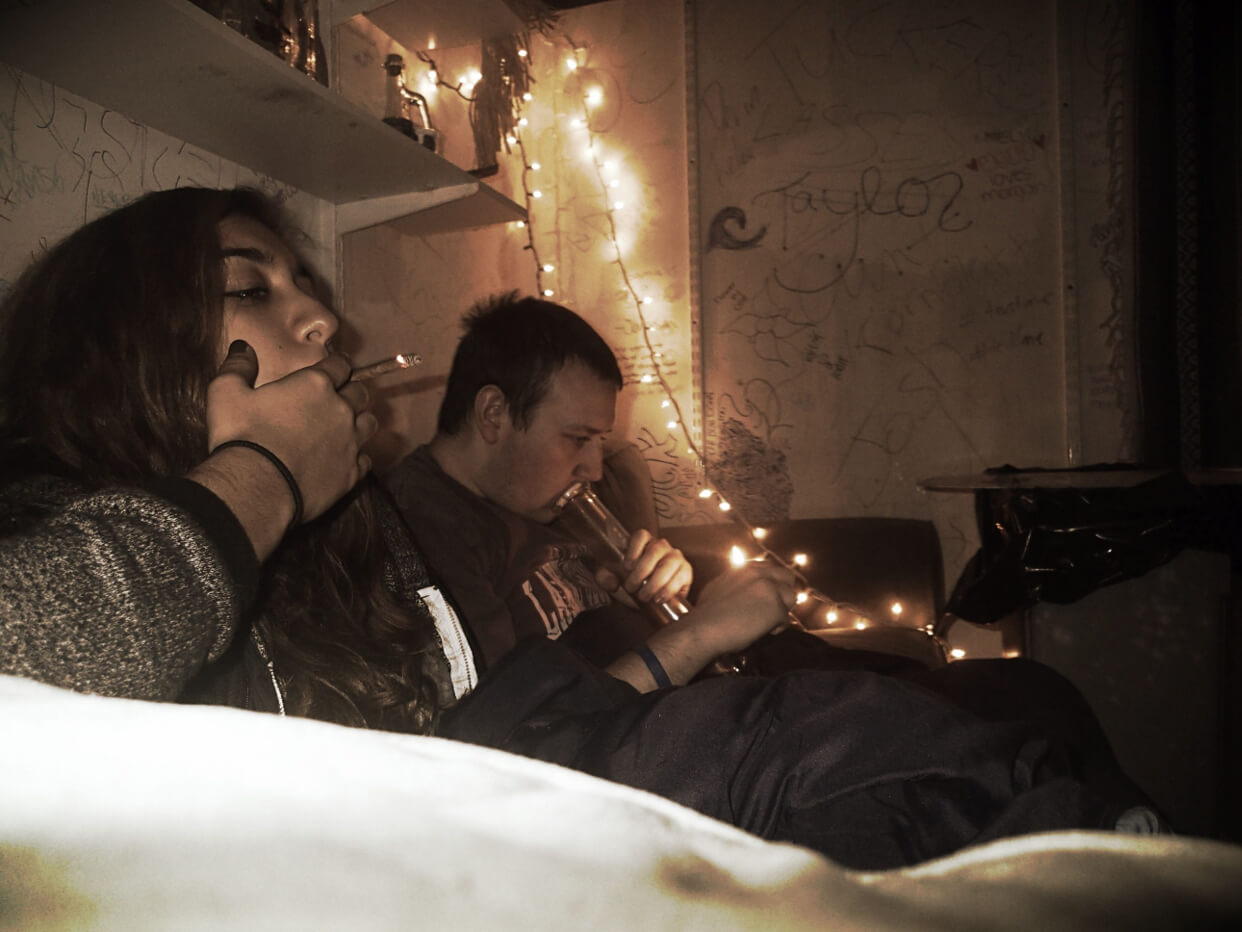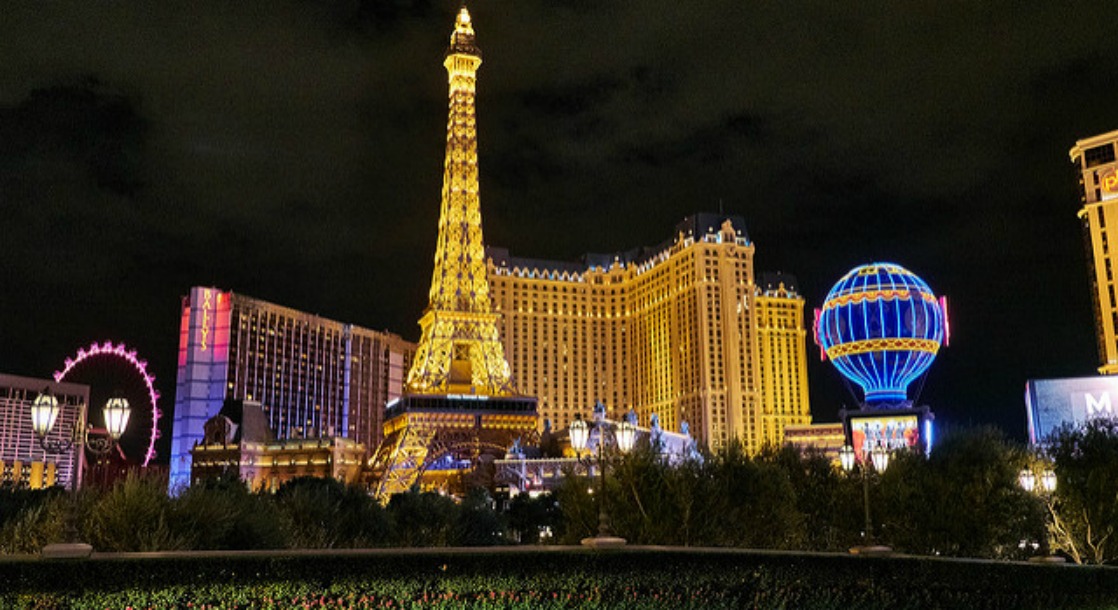Image via
San Francisco residents who want to puff a joint in the comfort of their own home could get hit with a $1,000 fine under a new proposed city policy.
Last week, a committee of the city Board of Supervisors agreed to advance a bill to ban smoking inside private apartments. The bill, sponsored by Supervisor Norman Yee, would prohibit tenants from smoking or vaping tobacco or cannabis anywhere in their apartments, even on private balconies and outdoor patios. The only exception to the rule is for registered medical marijuana patients, who would be allowed to continue smoking medical pot indoors.
If passed, the bill would allow the city Department of Public Health to issue fines of up to $1,000 to anyone caught smoking in an apartment. The city would issue warnings to smokers before fining them, though. The bill also stipulates that violations of the smoking policy would not be grounds for eviction. People living in an apartment building that has fewer than three units would also be exempt from the ban.
The end goal of the bill is to prevent secondhand smoke from drifting into the apartments of non-smoking tenants. “Smoke easily moves between units and buildings,” said Yee in a recent tweet. “Now that more of us work from home, it’s more important than ever because there is no way to contain it.”
Private smoking bans are actually becoming increasingly common in California, where 63 different cities have enacted similar proposals. Several leading medical groups, including the American Heart Association and the American Cancer Society Cancer Action Network, have voiced their support for Yee’s bill, citing claims that secondhand smoke kills more than 40,000 Americans a year.
In recent years, researchers have continued to explore the potential risks of exposure to secondhand smoke and vapor, but with few conclusive results. A 2013 study published in the Journal of the National Cancer Institute actually found no link between secondhand smoke and lung cancer, and other studies have found that exposure to passive vapor from e-cigarettes or other vaping devices does not seem to pose any serious health risk.
Critics of the ban have argued that it discriminates against lower-income residents, as it would allow a wealthy homeowner living in a duplex or multi-unit condo to smoke weed or tobacco in the privacy of their own homes, while banning a renter in a similar-sized building from doing the same. Most apartment buildings in the city actually already prohibit indoor smoking, giving nonsmokers plenty of smoke-free living options.
The ban is also especially concerning for cannabis users, as the city already prohibits weed smoking or vaping in public and in practically every business establishment. There are a handful of legal cannabis lounges in the city, but they have all been shuttered since the pandemic began in March. For these reasons, at least one other city Supervisor has suggested that the bill should be amended to only ban indoor tobacco use, and not pot.
The full city Board of Supervisors will meet to discuss the bill next month.











